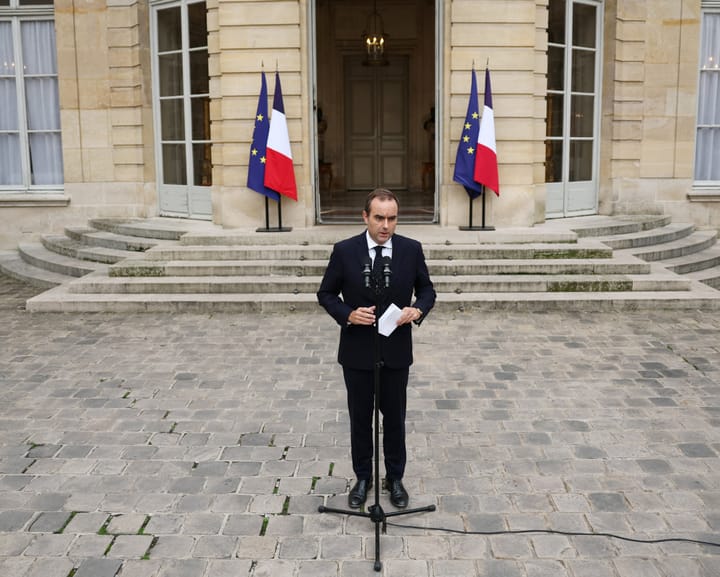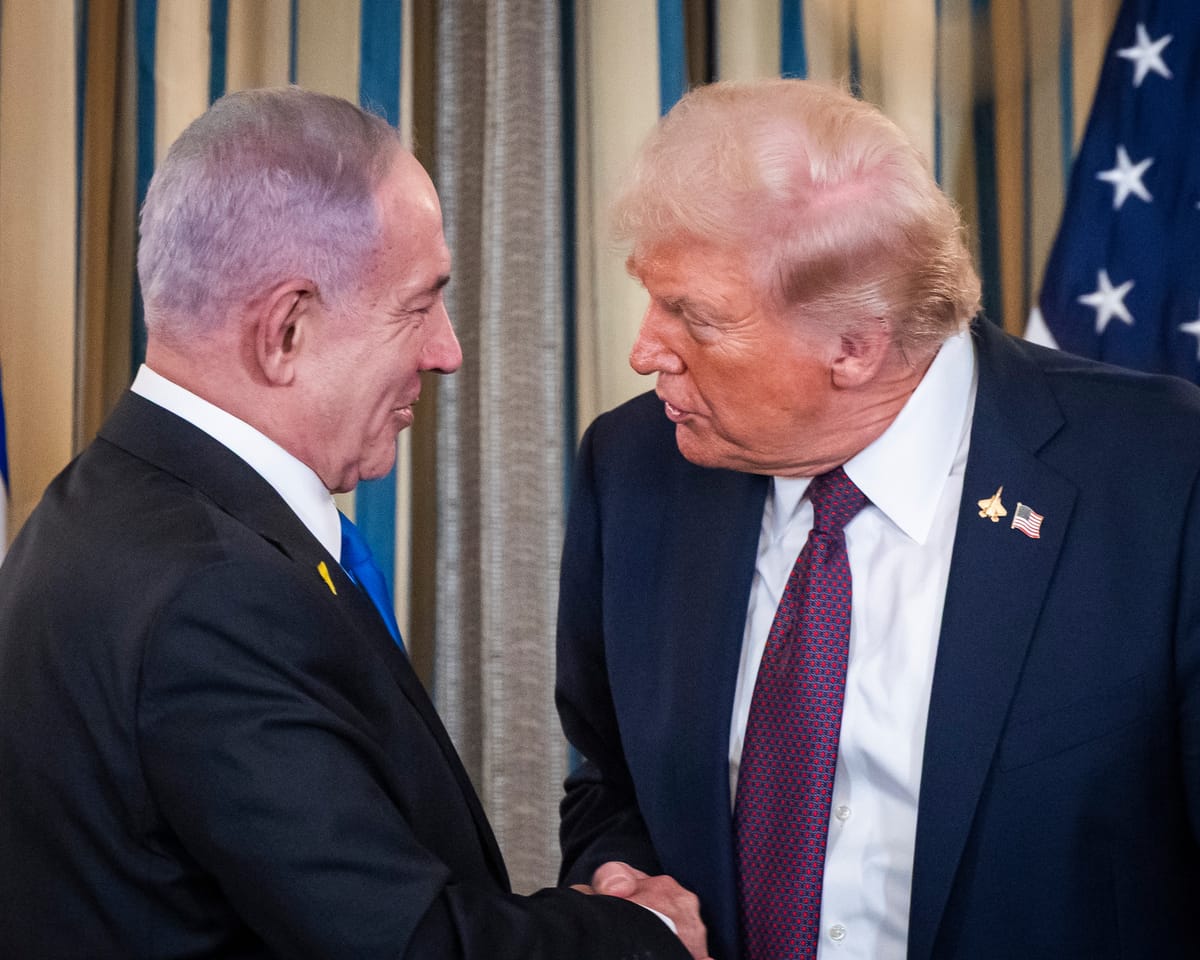It is a familiar saying in politics that success has many claimants, while failure is left unclaimed—except when it involves Donald Trump, in which case responsibility is singular.
However, many nations and leaders can legitimately assert their involvement in the agreement aimed at ending the two-year conflict in Gaza.
The collaborative effort over recent months has allowed multiple parties to credibly claim a role. Among them is the U.S. president, who, after numerous setbacks, was finally urged to shift focus—abandoning the idea of displacing Palestinians and instead clarifying to Benjamin Netanyahu the limits of what the Israeli prime minister could achieve.
A pivotal moment came during a meeting in New York, held alongside the UN General Assembly and chaired by Trump following his elaborate address. He later called it his most significant discussion at the UN. Organized by the United Arab Emirates, the gathering presented his 20-point peace proposal to several Arab and Muslim states that could support any stabilization effort in Gaza if a ceasefire were reached.
By then, Trump—with assistance from his son-in-law Jared Kushner and former British Prime Minister Tony Blair—had revised his stance on two key issues. First, Palestinians should remain in Gaza, and Israel should not govern the territory. “Gaza should be for Gazans,” an insider noted.
This marked a shift from his earlier statements about displacing Palestinians, including controversial plans for a “Gaza Riviera.”
Second, Trump was convinced that outlining a postwar plan for Gaza would not hinder ceasefire and hostage negotiations but was essential for their success. A British official explained Blair’s reasoning: “Hamas would not surrender unless assured of Israel’s withdrawal, and Israel would not leave Gaza unless certain Hamas would not retain power. Without resolving Gaza’s governance, the conflict cannot end.”
This allowed Arab states to pressure Hamas by presenting a path toward Palestinian statehood—a longstanding condition for their reconciliation with Israel. They also formally demanded that Hamas step aside and disarm.
One participant in discussions with the U.S. president remarked, “It may not be popular to say, but Trump’s determination is unstoppable once he commits. He genuinely pressured Israel.”
Trump’s stance toward Israel soured after Netanyahu unilaterally ordered an airstrike on Doha on September 9, aiming to eliminate Hamas leadership.
Read next

"Indonesia school collapse: rescue efforts conclude with 67 fatalities"
Search Ends After Indonesian School Collapse Leaves Dozens Dead
Indonesian rescuers concluded their search on Tuesday for victims trapped beneath the rubble of a collapsed Islamic boarding school in East Java, after recovering more than 60 bodies, authorities confirmed.
The tragedy in the town of Sidoarjo struck last week when

"French PM makes last-ditch effort to save government as crisis deepens – Europe updates"
France's Political Standoff Continues as Prime Minister Seeks Cross-Party Support
France remains at a political stalemate as the outgoing prime minister, Sébastien Lecornu, makes a final attempt to gather support from rival parties for a new government.
President Emmanuel Macron assigned Lecornu, 39, to form a government in

"Macron calls emergency talks with parties to swiftly pick new PM"
Emmanuel Macron has called upon the leaders of several political factions to his office, urging them to demonstrate "collective responsibility" as he seeks to appoint a new prime minister amid growing political turmoil.
All parties except Marine Le Pen’s far-right National Rally, the largest opposition group, and

